Alarmed by China's rise, US resorting to warmongering against Beijing: Analyst
With the United States witnessing a “decline in power” and feeling increasingly threatened by China’s growing dominance, it is resorting to warmongering and saber-rattling against Beijing, says a US-based political commentator.
Jim Kavanagh told Press TV in an interview on Monday that instead of giving diplomacy a chance as an alternative to violence, the US is issuing war threats against its arch-foe China, unable to come to terms with the latter's supremacy.
“Why is there no diplomacy? Because the United States is afraid of the rise of China as a strong economic, political and military power and cannot abide by the fact that Chinese are probably going to be the superior power,” Kavanagh asserted.
He added that the US feels it is "under threat, it is declining in power, and it is going to try and stop it in some way, … and that is why it is making threats against China, which it sees as a rising power.”
The political commentator said the US refuses to see China displacing it as the new global power, including in the Pacific region.
On Saturday, contents of a memo reported by media outlets suggested that the US might go into a war with China in the next two years.
General Mike Minihan, a four-star US Air Force general, wrote in the memo that his gut told him the United States would fight China in 2025.
While Pentagon officials said Minihan’s comments were not consistent with American military assessments, the general projected that 2024 presidential elections in the US and Chinese Taipei could potentially create an opportunity for China to take military action while the US will be “distracted.”
The memo sparked concern at the highest levels of the US military over a possible attempt by China to exert control over Taipei.
Kavanagh said the US moves over potential Chinese military action against Taipei could eventually provoke China to take control of the area by force.
“The more the United States, rhetorically and by its political positioning, makes threats and treats Taiwan as an independent [region], China is much more likely to take control of Taiwan by force,” he said.
China has sovereignty over Chinese Taipei, and under the “One China” policy, almost all world countries recognize that sovereignty, meaning that they would not establish diplomatic contact with the island's secessionist government.
The US, too, claims commitment to that principle. Still, in violation of its own stated policy and in an attempt to antagonize Beijing, Washington has courted the secessionist government in Taipei, supporting its anti-China stance, and supplying it with a large cache of weaponry.
Tensions over the self-ruled island intensified following a provocative visit in August by the US House of Representatives speaker Nancy Pelosi as well as a declaration by US President Joe Biden to defend Taiwan.
Pelosi’s visit to Taipei prompted large-scale Chinese military drills around the island territory.
In mind-January, the US and Japan unveiled plans to strengthen security cooperation in the face of shared worries about China, claiming that China presented an “unprecedented” threat to international order and pledged to position their alliance to “prevail in a new era of strategic competition.”
Beijing has often emphasized that the issue of Chinese Taipei is a red line that must not be crossed.
“If there were real effort at diplomacy, which was based on reasonable shared conditions, namely that the United States does not have the right to control the world, including the Pacific region, that China is a major power that deserves respect, and that Taiwan is a part of China, they [the US and China] could have a deal,” Kavanagh said.
“But clearly the United States is not accepting the rise of China as a peer power that it has to deal with respect, … and instead it is building up military alliances to attack it."
'Capitulation': Israeli officials and media concede Gaza defeat as truce unfolds
'Gaza has won': Social media users react to ceasefire with mix of relief, joy
Iran seeks South Korea’s assistance for AI, fiber-optic projects
VIDEO | Iran's 'Eqtedar' (Power) maneuver
Israel hits HTS military target in Syria for 1st time since fall of Assad
VIDEO | Press TV's news headlines
Israel has slaughtered 13,000 students in Gaza, West Bank
VIDEO | More Zionist than Zionists: Biden’s legacy to be defined by Gaza genocide


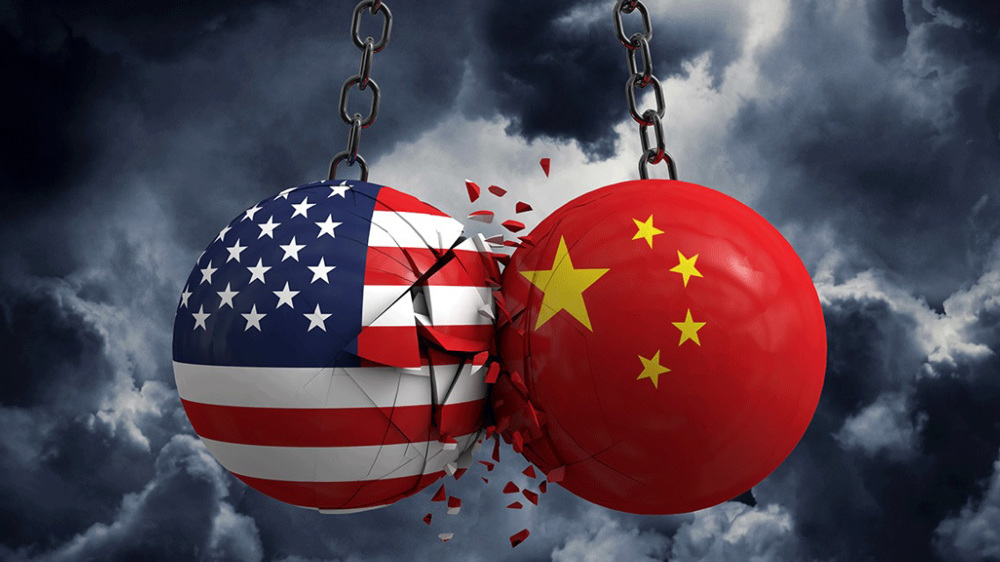
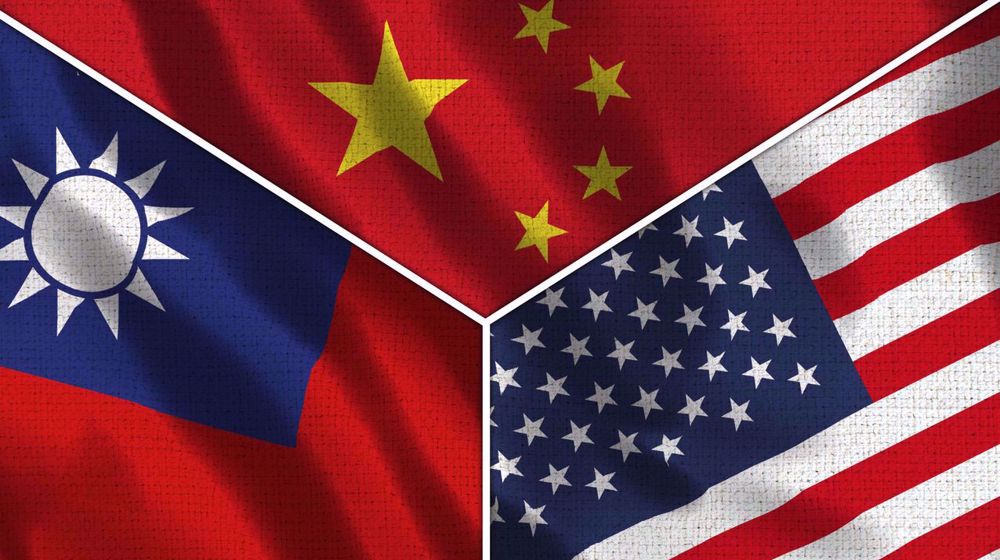
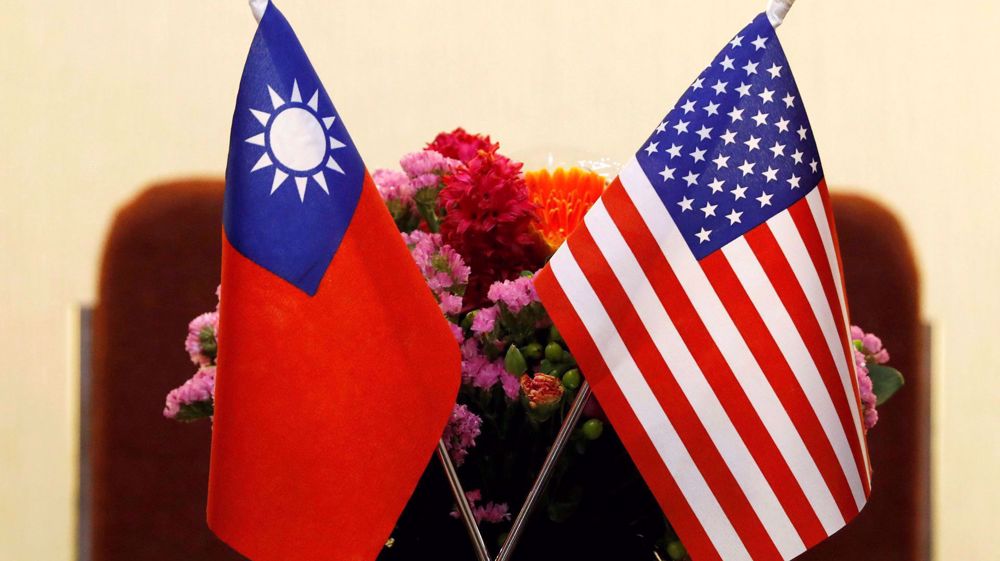
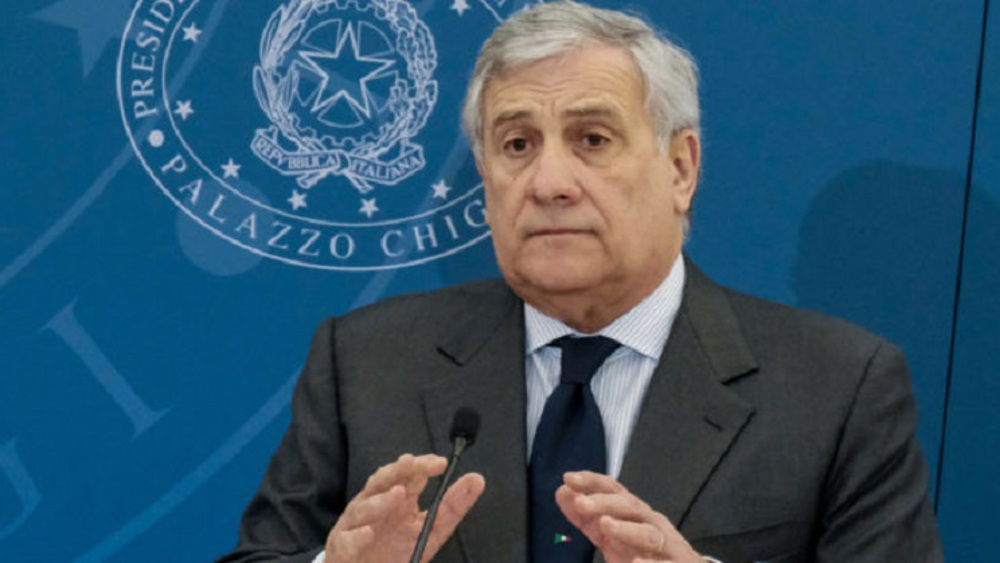

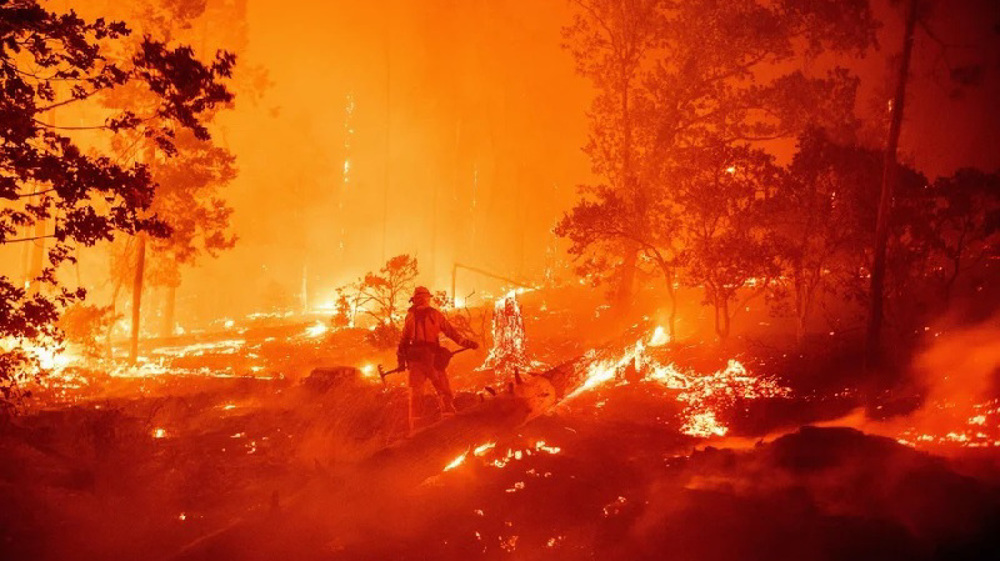





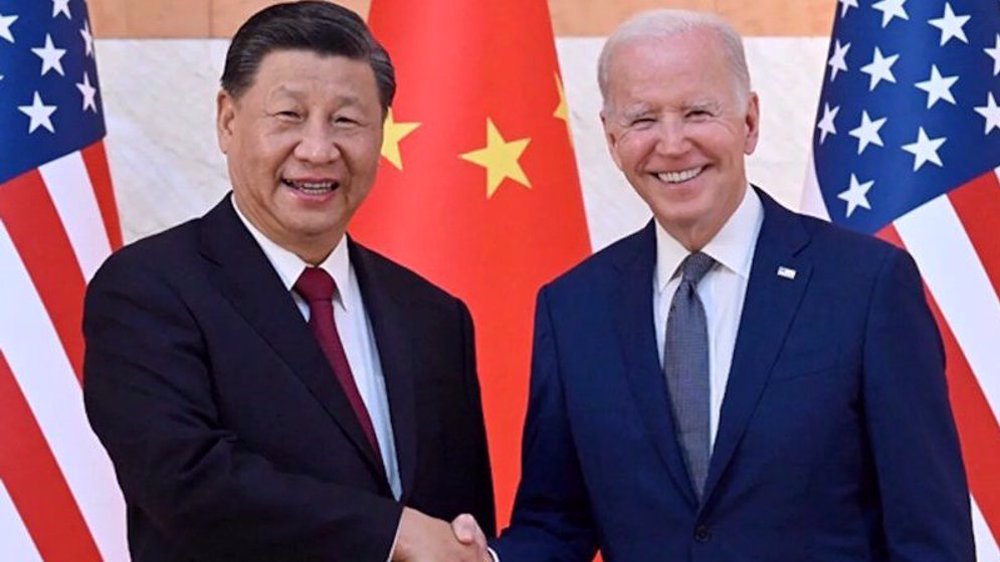
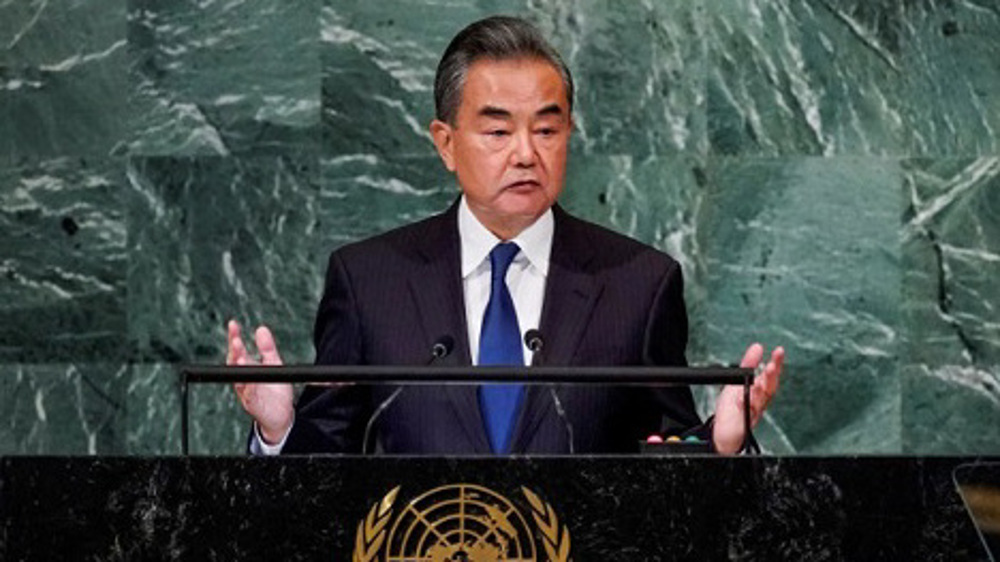


 This makes it easy to access the Press TV website
This makes it easy to access the Press TV website